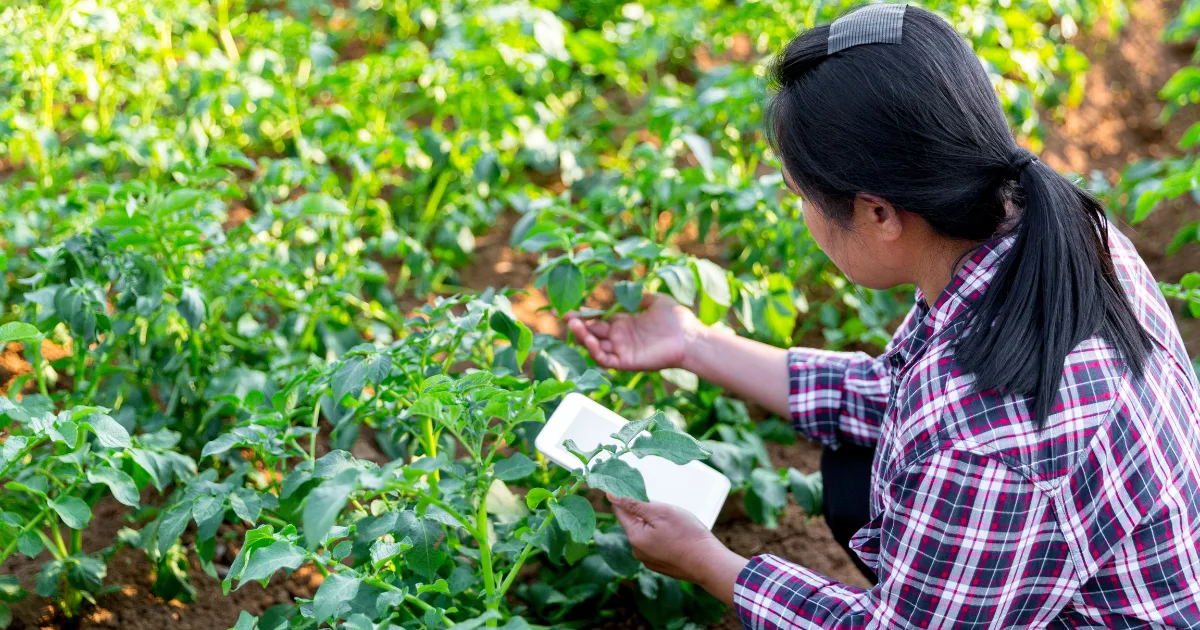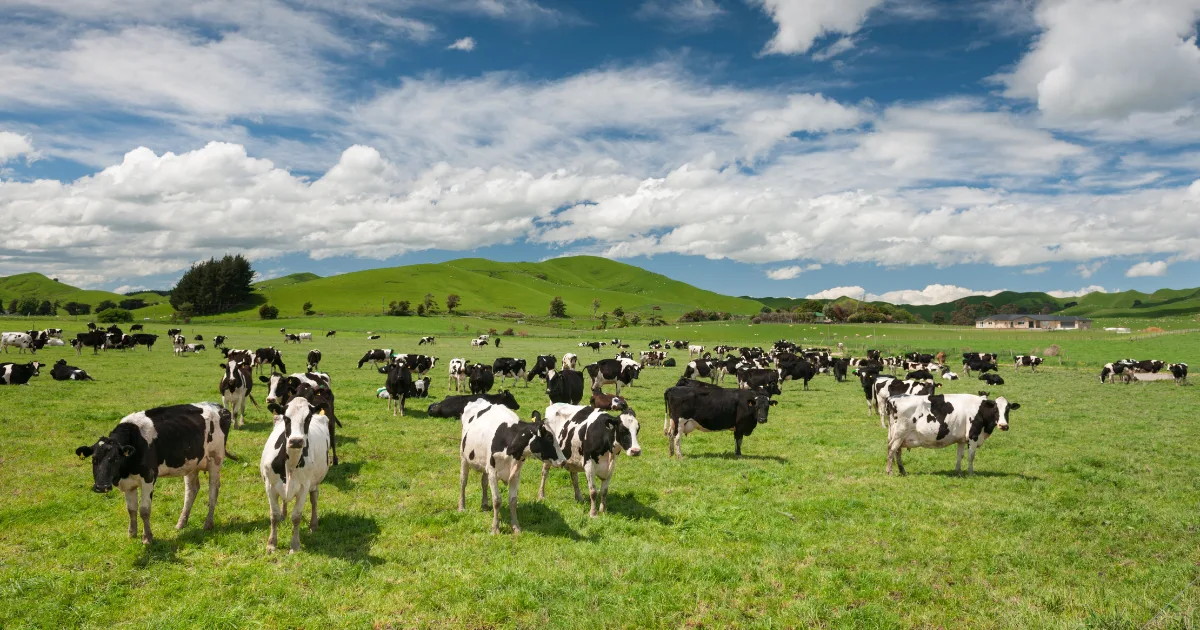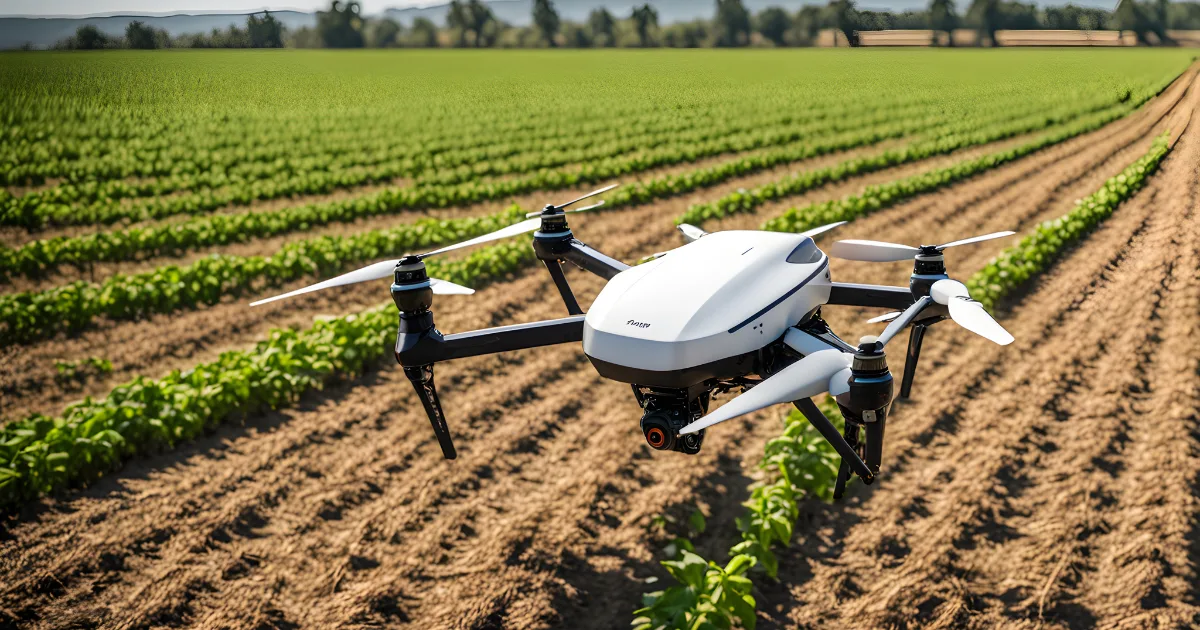How AI is becoming integrated into agriculture
Artificial intelligence (AI) is transforming industries across the globe, and agriculture is no exception. From enhancing crop yields to optimising resource usage, AI-driven solutions are revolutionising the way we grow, manage, and distribute food. In this blog, we explore how AI is becoming integrated into agriculture and the profound impact it’s having on the industry.
Precision agriculture: smarter farming decisions
One of the most significant advancements AI has brought to agriculture is precision farming. By using machine learning algorithms and data analytics, farmers can make better-informed decisions about planting, irrigation, fertilisation, and harvesting. Sensors placed in fields collect data on soil moisture, temperature, and nutrient levels, allowing AI systems to recommend tailored actions for optimal results. This minimises waste and maximises crop yields, improving both sustainability and profitability. Products like Calcifert play a vital role in these systems by providing essential nutrients to crops. When combined with AI-driven insights, farmers can determine the best timing and methods for applying fertilisers, ensuring efficient use of resources and better crop health.

Predictive analytics for crop management
AI’s ability to process large volumes of data allows it to predict potential issues before they arise. For instance, predictive analytics can forecast pest infestations or diseases based on weather patterns, soil conditions, and historical data. Farmers can act proactively, applying treatments only when and where they are needed, reducing costs and minimising environmental impact. These predictions also guide nutrient management, where fertilisers are applied in response to identified deficiencies. This approach enhances soil quality and boosts plant growth while ensuring minimal waste of resources.
Autonomous machinery and robotics
AI-powered machinery is streamlining agricultural operations by reducing the need for manual labour. Autonomous tractors, drones, and harvesters equipped with AI capabilities can perform tasks like planting, spraying, and harvesting with precision. These machines work faster and more consistently than human workers, making them invaluable for large-scale farming operations. This technology seamlessly integrates with the use of mineral-based products, allowing farmers to distribute soil nutrients, conditioners and fertilisers evenly and accurately. AI-guided equipment ensures precision in application, reducing waste and supporting responsibly resourced practices.
AI in livestock management
Beyond crops, AI is also improving livestock management. Smart sensors and monitoring systems track the health, activity, and productivity of animals in real-time. AI systems analyse this data to identify potential health issues early, ensuring timely interventions and reducing losses. This improves overall herd health and enhances productivity.

Enhancing supply chain efficiency
AI is transforming the agricultural supply chain by improving forecasting, inventory management, and distribution logistics. Machine learning models can predict demand for specific crops, enabling farmers to adjust their production accordingly. Furthermore, AI-powered logistics systems optimise transportation routes, ensuring fresh produce reaches markets more efficiently while reducing food waste. When combined with products like Calcifert, this streamlined supply chain ensures that high-quality fertilisers are readily available, contributing to better crop outcomes and minimising inefficiencies.
Environmental benefits of AI integration
AI plays a crucial role in promoting sustainable agriculture. By optimising resource use, reducing chemical application, and minimising waste, AI solutions contribute to a more environmentally friendly approach to farming. For example, precision irrigation systems driven by AI can reduce water consumption by targeting specific areas that need hydration, conserving this vital resource.
Challenges and future potential
While AI holds immense promise for agriculture, challenges remain. High implementation costs, lack of technical expertise, and data privacy concerns can hinder widespread adoption. However, as technology advances and becomes more accessible, these barriers are expected to diminish. The future of AI in agriculture looks bright, with innovations like vertical farming, automated greenhouses, and AI-driven crop breeding on the horizon.

Artificial intelligence is reshaping agriculture, offering solutions that improve efficiency, sustainability, and productivity. From precision farming to autonomous machinery, AI integration is paving the way for a smarter, more sustainable future in food production. By embracing these technologies and combining them with high-quality products like Calcifert, the agricultural industry can meet the growing demands of a global population while reducing its environmental footprint. If you would like to find out more about LKAB Minerals as a business and our case studies, visit our YouTube channel!




